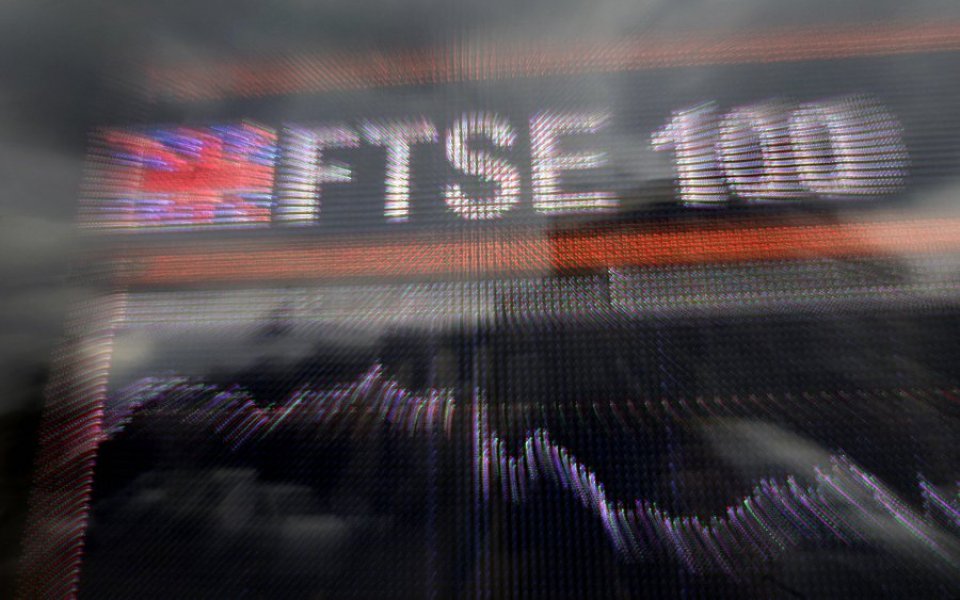FTSE 100 index closes in a bear market as the price of oil falls further

The FTSE 100 index officially fell into a bear market on Wednesday as the price of oil continued to slide.
The UK's blue-chip index fell 3.46 per cent to 5,673 points, falling over 20 per cent from the high it reached in April 2015.
"Few stocks were spared today as European equity markets plunged sharply today with the FTSE 100 hitting levels last seen in November 2012, and tipping into bear market territory," Michael Hewson, chief markets analyst at CMC Markets, said. "Once again it’s been lower oil prices that has prompted today’s sell-off driven lower by yesterday’s International Energy Agency announcement that the oil market 'could drown in oversupply' throughout 2016."
Read more: Shell earnings to fall dramatically amid cost-cutting measures
He added: "Combined with yet another downgrade to global growth from the IMF yesterday, and investors are having to digest a pretty toxic cocktail of factors that are weighing heavily on sentiment."
Miners were embedded at the bottom of the FTSE, with Anglo American shares falling 7.43 per cent to 221.05p. Anglo also announced today that it had sold another Australian mine to weather the deepening commodities crisis which has struck it hard.
[charts-share-price id="34"]
Glencore and BHP Billiton also fell 9.85 per cent to 71.2p per share and 7.37 per cent to 580.9p per share respectively. BHP also announced today that it cut its target for iron ore production.
"We do not see any lasting potential for these sectors to outperform and believe any recovery might be short-lived," said Christian Stocker, equity strategist at UniCredit. "The trend of earnings estimates is declining strongly, relative valuation versus the overall market is still very high and a lasting trend reversal in commodity prices is not in sight. We recommend remaining underweight on commodity stocks."
Read more: Anglo American selling off another Australian coal mine
Meanwhile, Royal Dutch Shell's share price dropped 6.72 per cent to 1,277.5p after it warned earnings will fall dramatically for the full year due to lower oil prices.
"Despite a slight uptick in inflation in December, low oil and energy prices continue to drag on inflation. The impact of the oil rout has been reflected in both stock and currency market volatility," Caxton FX analyst Alexandra Russell-Oliver said.
She added: "Risks to the inflation outlook are among the reasons the Bank of England is waiting to raise interest rates in the UK, and the pound has weakened in part due to reduced expectations of a UK bank rate increase in the near term."
In the FTSE 250, JD Wetherspoon's share price fell 9.71 per cent to 609p after warning that full year profits will be towards the lower end of expectations.